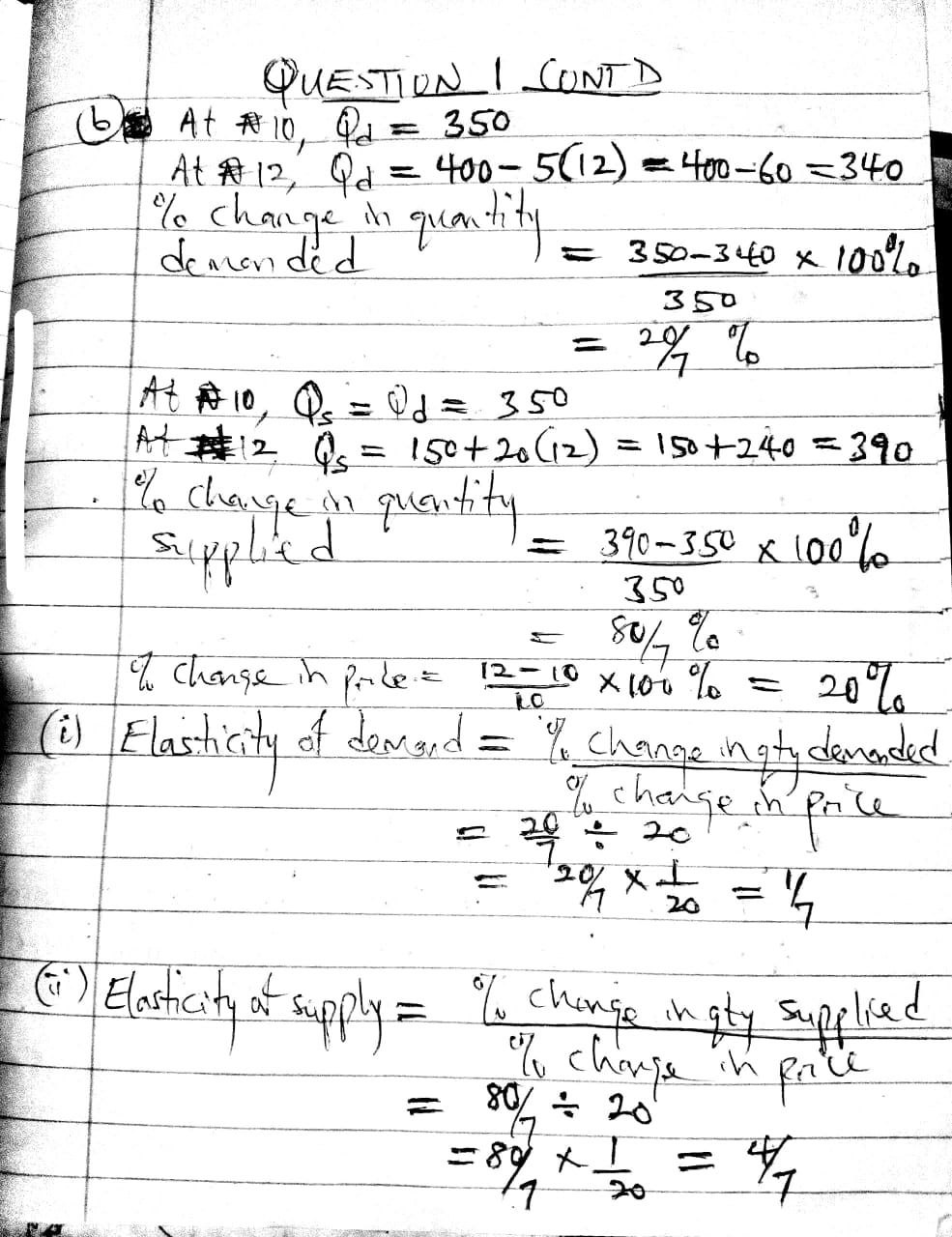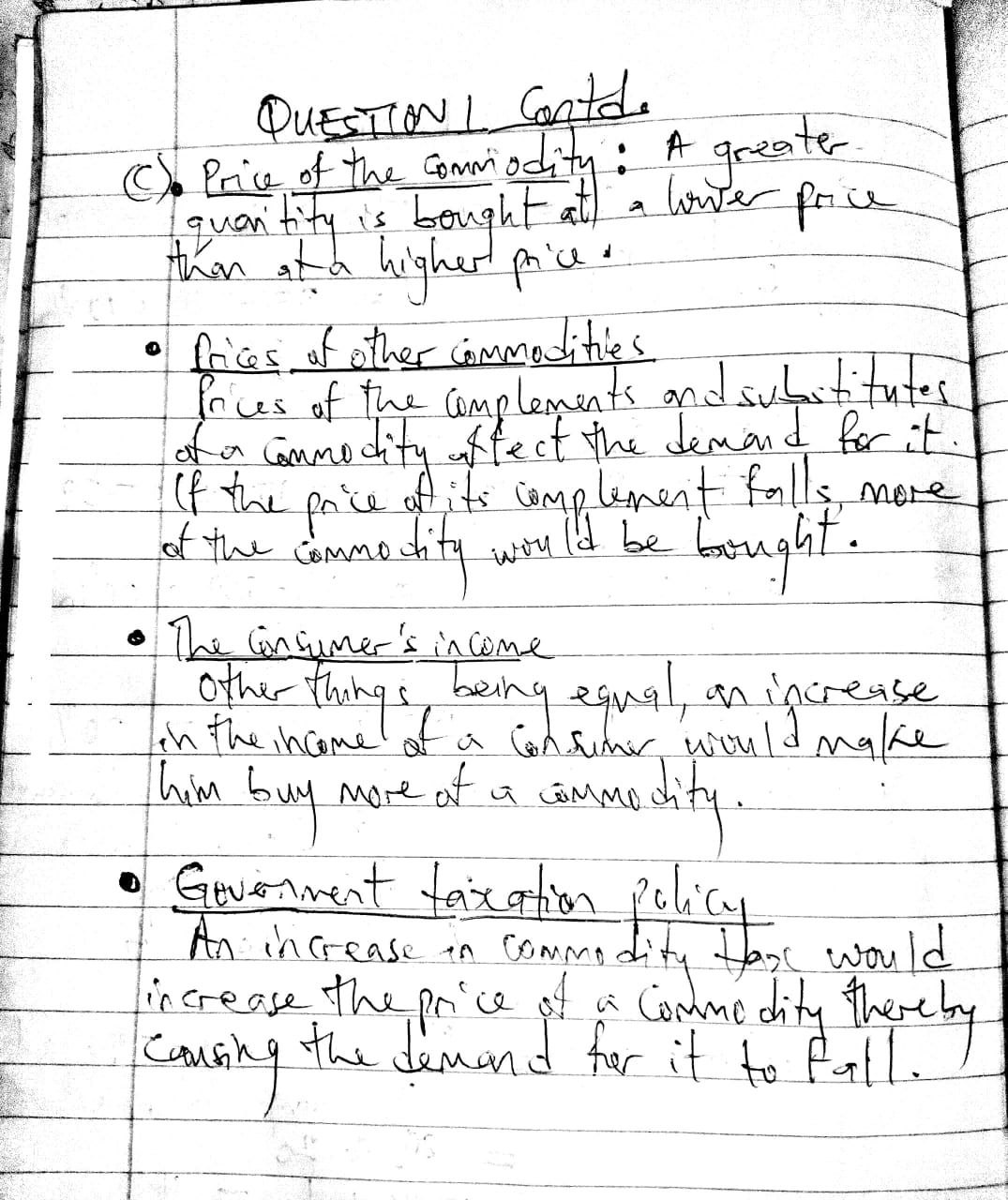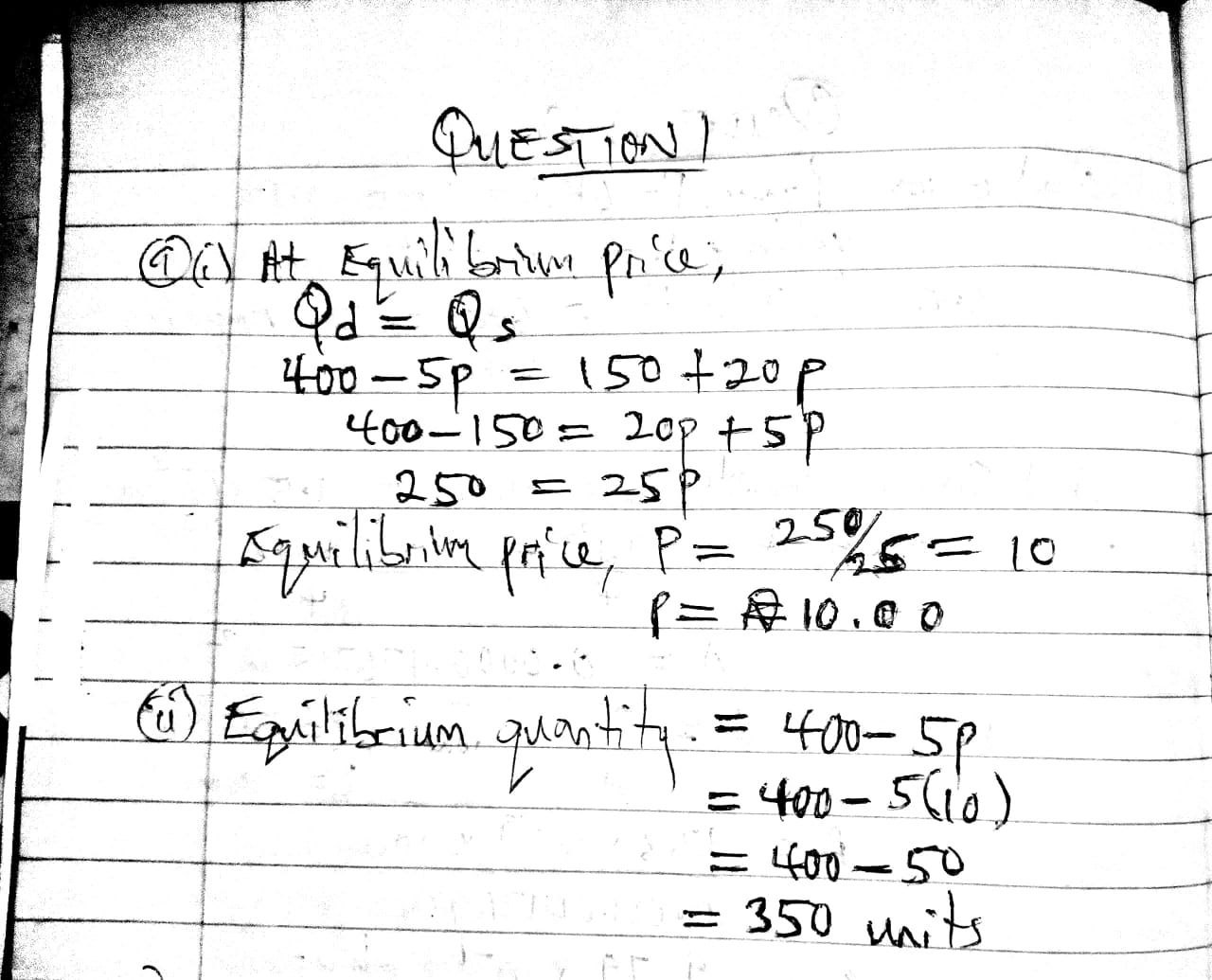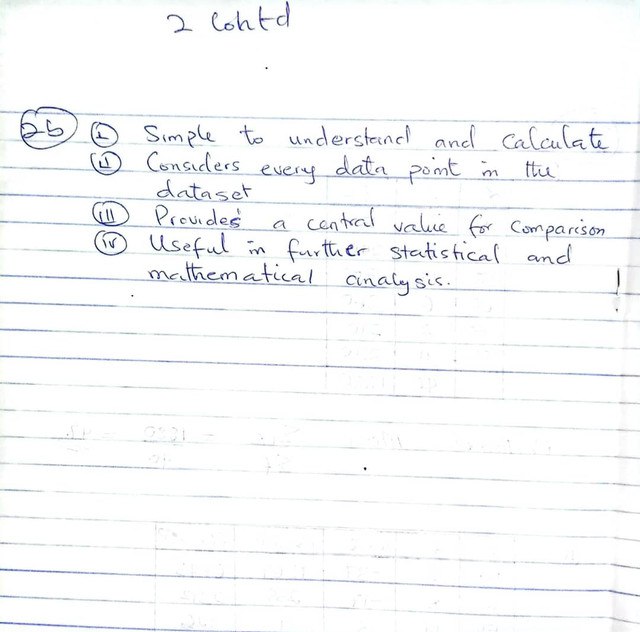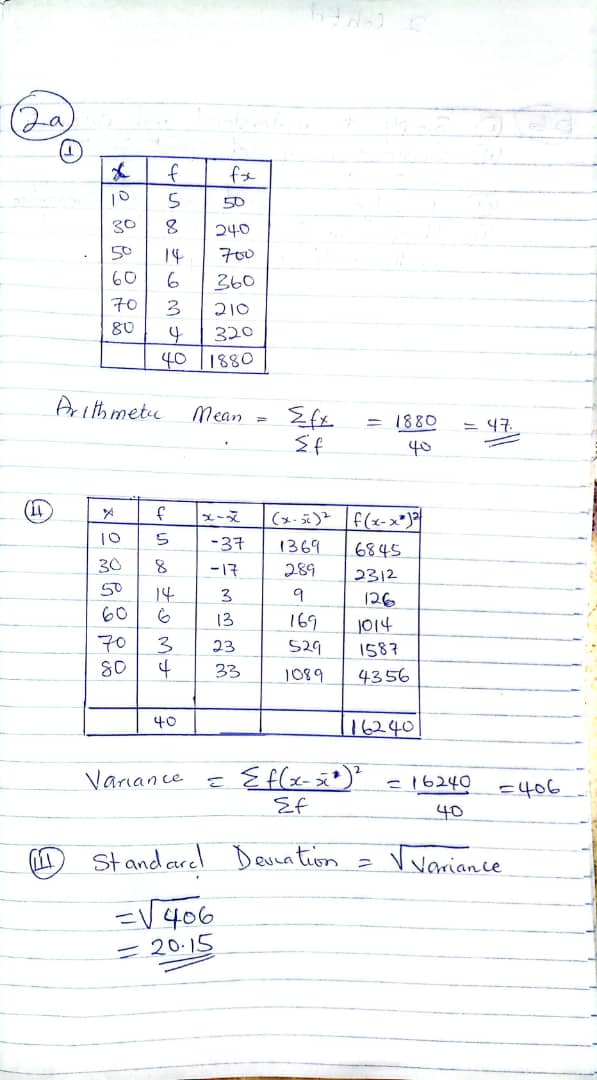NECO 2025 Economics essay and OBJ answers are now available online. Students can now access and review the verified NECO Economics Questions and answers for the June/July exam at no cost. The examination is officially scheduled for 14th July, 2025. The National Examinations Council (NECO), the recognized Nigerian body for secondary school assessments, is tasked with organizing and administering these nationwide exams to evaluate and certify students’ academic performance across multiple subjects.
The NECO Economics exam will evaluates students’ understanding of economic principles, theories, and their application in real-world scenarios. This subject is important as it test students on critical thinking and analytical skills, preparing students for further studies and practical situations in the field of economics.
We that this subject is important for all discipline. Both science and art need it as part of their subject, and we are giving it special consideration.
The information reaching us right now is that Economics expo answers is ready with us. OUR subject expert have verified it to be correct and the are currently busy with the solving.
NECO Economics IS #1,000 And is Ready
CLICK HERE For NECO Economics SUBSCRIPTION
In this post, all details concerning NECO Economics June/July expo questions and answers will be uploaded for all. Necessary guide have also been provided to guide the student.
Also Read: NECO Timetable
Is NECO Economics Questions 2025 Answers Out?
Yes, this is to inform all students that National examination board Economics theory and Obj is officially out. Verification and solution processes have been completed, and the question papers with answers have been shared in our VIP Group.
NECO has set the Economics Papers III and II—which cover both Objective and Essay sections—for Monday, July 14th, 2025, from 10:00 AM to 1:00 PM.
If you’re taking this subject, be sure to study the syllabus carefully and go over past questions to boost your preparation for the exam.
NECO Economics Essay Answers
2025 NECO Economics answers loading Loading…Keep refreshing this page
We are getting ready to upload the 2025 exam theory (essay) answers. If you can not waite and need it faster, make sure you join us now on WhatsApp.
*NECO 2025 Economics THEORY ANSWERS*
NECO 2025 ECONOMICS ANSWERS*
_SECTION B: ANSWER FOUR (4) QUESTIONS ONLY_
(3a)
(i) Transaction Motive: People and businesses hold money to settle daily expenses and purchases. Since income and expenses do not occur at the same time, holding money helps ensure smooth payments and the ability to meet financial obligations promptly. This helps maintain smooth economic activities. It also prevents delays in settling bills and purchases.
(ii) Precautionary Motive: Money is kept as a reserve to handle unexpected expenses or emergencies. Because future events are uncertain, holding cash helps individuals and firms manage unforeseen financial needs without stress. It provides financial security in case of sudden job loss or illness. It also enables quick responses to emergencies without borrowing.
(iii) Speculative Motive: Money is held in anticipation of future investment opportunities or to avoid losses when asset prices are unstable. People prefer holding money if they expect prices of investments to fall, so they can invest later at better prices. It helps individuals take advantage of better investment deals. It also avoids possible financial losses from declining market values.
(3b)
(i) Loss of Investment Opportunity: Holding too much cash means the money is not being invested, which leads to missed opportunities to earn profits through interest, dividends, or capital gains. The idle money could have been used to generate income. It also limits long-term wealth creation.
(ii) Reduced Purchasing Power Due to Inflation: Inflation lowers the real value of cash. Holding excess cash during inflation reduces what that money can buy over time. Over time, the same amount of cash will buy fewer goods. This erodes the actual value of savings.
(iii) Inefficient Capital Management: When businesses hold too much cash, it may indicate poor planning. The idle cash does not contribute to profit generation, leading to lower business efficiency. This reduces the company’s return on assets. It also affects shareholders’ confidence.
(iv) Increased Risk of Theft or Misuse: Large cash holdings raise the chances of theft, fraud, or misuse. It also encourages unplanned or impulsive spending if not properly managed. Lack of security increases financial risks. It may lead to misappropriation by dishonest staff.
===================================
(4a)
(i) In capitalism, the means of production are privately owned by individuals or businesses, while in socialism, they are owned collectively or by the government. Capitalism supports personal wealth creation, while socialism emphasizes collective welfare.
(ii) In capitalism, market forces (supply and demand) determine prices and economic decisions, whereas in socialism, government planning controls these decisions. Capitalism allows more consumer choice, whereas socialism focuses on equal distribution.
(4b)
(i) Private Ownership: In a free market system, individuals and businesses own and control production resources such as land, labour, and capital. This promotes decision-making freedom and drives innovation, competition, and economic growth. Owners benefit directly from their investments. It also encourages efficient use of resources.
(ii) Price Determination by Supply and Demand: Prices are set based on market demand and supply without government interference. When demand rises, prices go up and encourage more supply. When demand drops, prices fall, signaling producers to reduce output. This ensures resources flow where they are most needed. It reflects consumer preferences and market realities.
(4c)
(i) No motivation for people to work harder or innovate. Productivity may decline due to lack of competition. It discourages creativity and hard work.
(ii) Central planning often leads to poor allocation of resources. It may result in shortages or surplus. The economy becomes inefficient.
: (iii) Consumers have fewer choices due to government control. Only limited goods are available. People may be forced to accept low-quality products.
(iv) Too much government control leads to bureaucracy and delays. It slows down decision-making. It may also create corruption and waste.
===================================
(5a)
=FORMATION=
Co-operative Society: Formed by at least ten individuals with a shared interest in mutual support. They agree on rules (bye-laws), choose a name, and register with the Registrar of Co-operative Societies. Once registered, they receive a Certificate of Registration and begin operating legally to support members. Members contribute capital and jointly own the society. Its goal is to promote the welfare of all members equally.
Limited Liability Company (LLC): Formed by one or more persons seeking to limit personal financial risk. They draft documents like the Memorandum and Articles of Association and register with the Corporate Affairs Commission (CAC). Once approved, the company becomes a legal entity that can own property and raise funds through share sales. The owners are protected from company debts. The company operates independently of its founders.
(5b)
=MANAGEMENT=
Co-operative Society: Managed by a committee elected by members. Each member has equal voting power. The committee handles daily affairs and follows the rules to ensure fairness to all members. Decisions are made democratically. Management works to meet the needs of all members.
Limited Liability Company (LLC): Run by a Board of Directors elected by shareholders. Shareholders’ influence depends on their shares. Directors make key decisions and appoint managers for daily operations. The board is accountable to the shareholders. Managers ensure the business runs smoothly.
(5c)
=PROFITS=
Co-operative Society: Surplus after expenses is shared among members based on usage, not capital contributed. Some funds are kept for development or emergencies. The focus is not profit-making. Member benefit is prioritized over profit. Profits are reinvested into the society.
Limited Liability Company (LLC): Profits are distributed as dividends according to shareholding. Some are retained for business expansion. Profit maximization is the goal. Shareholders expect returns on their investments. The company may reinvest profits to grow further.
(5d)
=RIGHTS OF MEMBERS/SHAREHOLDERS=
Co-operative Society: One member, one vote system. Members attend meetings, vote, and share in the surplus. Shares are not freely transferable. Membership is based on mutual agreement. Members have equal say in decisions.
Limited Liability Company (LLC): Voting rights depend on shareholding. Shareholders can attend meetings, receive dividends, and sell or transfer shares. Their liability is limited to the amount invested. Shareholders can leave by selling shares. They have ownership and control rights.
===================================
(6)
(i) Provision of Capital through Loans and Financial Support: The government can provide loans through development banks at low interest rates. This helps businesses acquire tools, machines, and raw materials to start or grow industries. It reduces financial barriers for entrepreneurs. It also attracts more investments into manufacturing.
(ii) Development of Infrastructure: The government can build and maintain roads, electricity, water systems, and communication networks. These support industrial activities and reduce operating costs. Good infrastructure promotes faster delivery and reduces production delays. It attracts foreign and local investors.
(iii) Protection of Infant Industries: Through tariffs, quotas, or bans on foreign goods, new local industries are shielded from foreign competition, giving them time to grow. This helps build local capacity. It ensures that domestic industries become competitive.
(iv) Direct Government Participation and Industrial Estates: The government can invest in major sectors and establish industrial zones with ready infrastructure. This encourages private sector participation. Industrial estates reduce startup costs for new firms. Government involvement builds investor confidence.
(v) Provision of Education and Training for Skilled Labour: Establishing vocational and technical training centers ensures the workforce is skilled in operating machinery, boosting industrial productivity. It reduces reliance on foreign experts. Skilled workers improve production quality and output.
===================================
(7a)
Balance of Payments (BOP) is a record of all economic transactions between a country and the rest of the world over a specific period. It shows the inflow and outflow of money from trade in goods and services, investments, and financial transfers. A surplus means more money comes in than goes out; a deficit means the opposite. It helps track a country’s economic relationship with others. It is also useful for economic planning and policy making.
(7b)
(i) Devaluation of Currency: Lowering the value of the national currency makes exports cheaper and imports more expensive, which improves the trade balance. It increases foreign demand for local products. It reduces the volume of imports.
(ii) Import Restrictions: Imposing tariffs and quotas reduces import spending and protects local industries, helping conserve foreign exchange. It encourages consumption of locally made goods. It also helps grow domestic industries.
(iii) Encouraging Exports: Providing tax breaks and infrastructure support helps exporters, increases foreign earnings, and strengthens the BOP. It creates more jobs and income. Export growth brings in foreign exchange.
(iv) Borrowing from Other Countries: External borrowing helps finance temporary BOP deficits, giving time for corrective policies to take effect. It helps maintain essential imports. However, it must be managed to avoid heavy debt burden.
(v) Promoting Foreign Investment: Attracting foreign investors increases capital inflow, creates jobs, and improves the country’s foreign exchange reserves. It brings in new technology and skills. It boosts industrial growth and exports.
ECONOMICS OBJ
1-10: BECEBEBCED
11-20: CBECECEDEC
21-30: CCCDDDECBB
31-40: CADACDADDD
41-50: DACBEBAABE
51-60: DDCDDECDD
Keep refreshing this page to load all answers
OBJ Answers Loading…
NECO Economics -OBJ loading keep refreshing!
====================
====================
====================
Tips For passing NECO Economics exam
To pass the NECO Economics exam, make sure to study the key topics and understand the main concepts. Practice past exam questions and manage your time well during the test to help boost your confidence.
Getting NECO Economics June/July questions And Answers 2025
To get the Economics answers, make sure you join bingmat WhatsApp group for detailed instructions on making a payment. Please note that the answers are not available for free. Stay informed and ensure you follow all steps to secure your access.
If you have any queries or require further assistance on WAEC Economics Questions 2025 Answers, do not hesitate to reach out to us.

